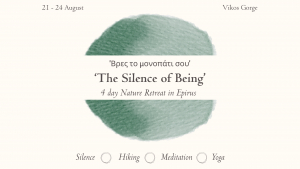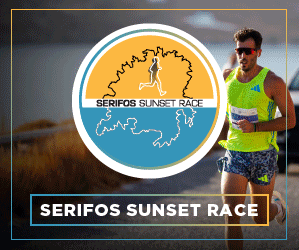LIFE & CULTURE
XpatAthens
From Brooklyn to Crete & Beyond: The Literary World of Florence Wetzel
Q: You were born in Brooklyn, New York, but lived in Greece from 1990 to 1995, in a small fishing village in Crete. How did that happen?
When I was growing up in America, I studied Latin and hated it. I also studied a little Spanish, and I hated that too. Foreign languages just weren’t my thing, maybe because I didn’t see any immediate rewards.
You can follow Florence and more of her work here or on her personal Instagram or Facebook account.
Fun Things To Do In Athens In August
Athens in the summer is no joke; the sun blazes, the pavements sizzle, and temperatures can climb into the 40s. But don’t let the heat put a stop to your plans. With a little creativity (and strategic timing), the city offers plenty of ways to stay cool and still soak in its magic. Whether you’re a local trying to survive August in the city or a visitor determined to make the most of your trip, here’s how to enjoy Athens even when the heat feels impossible.
1. Head To The Coast: A Walk To Kavouri
@oarismas📍Kavouri
When the city feels like an oven, the coast is your best friend. Kavouri, located just beyond Vouliagmeni, offers a breezy seaside escape that’s perfect for a late-afternoon walk or a refreshing dip. The pine-shaded path hugs the coastline, leading to small coves where you can cool off in turquoise waters.
Insider tip: Don’t miss Lasithi Café for its gorgeous views and excellent coffee — the perfect stop to wrap up your seaside escape.
2. Explore Athens By Night

📍Thiseio View Cafe Bar.
When the sun sets, Athens transforms. The air cools, the streets buzz, and the city comes alive. Take advantage of the milder temperatures and explore Athens after dark. From buzzing rooftop bars with sweeping Acropolis views (like those in Monastiraki or Thisio) to lively beach clubs along the Riviera, nighttime in Athens has its own magic. Whether you’re sipping cocktails under the stars or wandering through the lit-up Plaka streets, you’ll see a whole new side of the city.
3. Visit Air-Conditioned Museums & Cultural Centers

📍Numismatic Museum Cafe.
Need a break from the sun? Athens’ museums aren’t just cultural treasures but also wonderfully air-conditioned sanctuaries. Spend a few hours wandering the Benaki Museum, admiring masterpieces at the Goulandris Museum, or marveling at ancient wonders in the Acropolis Museum. If you’re in the mood for something a little different (and greener), head north to Kifisia and visit the Goulandris Natural History Museum, a refreshing escape surrounded by nature. Afterward, enjoy a meal at Natu Restaurant, set in a beautiful, breezy garden that feels miles away from the city heat. For a more cultural vibe, the Stavros Niarchos Foundation Cultural Center (SNFCC) is perfect for chilling by the canal or catching a summer concert in the evening breeze.
And don’t overlook the hidden museum gardens right in the city: the Numismatic Museum has a charming, shaded courtyard café, the Byzantine & Christian Museum offers a peaceful garden café with lovely views, and the War Museum hides a quiet spot filled with blooming bougainvillea. All perfect for a cool drink and a pause from sightseeing.
4. Escape To The Hills At Sunset

@kostas.photos 📍Pnyx, Athens.
Hiking in midday heat? No thanks. But at sunset? Absolutely. Head to Lycabettus Hill for panoramic views of the glowing city and if you want to make it extra special, book a table at Orizontes, the hilltop restaurant with unbeatable sunset views and a refined Greek menu. Prefer something quieter? Take a stroll up Philopappou or the Pnyx, where history and nature blend beautifully. Golden hour here is magical, perfect for photos, a light picnic, or simply watching Athens light up as the day cools down.
5. Cool Off At A Beach Or Pool

Credit: www.sgl.gr
When in doubt, find water. Vouliagmeni, Anavyssos, and other Riviera beaches are close enough for a quick escape and perfect for a swim. If you’d prefer something more private, many city hotels offer day passes to their pools, letting you lounge in luxury with a cold drink in hand.
6. Browse Cool Cafés & Concept Stores

@littlebookstoresweek 📍Little Tree Books & Coffee.
Sometimes, the best way to beat the heat is to do absolutely nothing inside an air-conditioned haven. Explore stylish cafés in Kolonaki or Koukaki, where you can linger over coffee, pastries, or even brunch. For a cozier vibe, curl up with a book at Little Tree Books & Coffee, a charming spot near the Acropolis, or Komprai, a small, welcoming bookshop-café that’s perfect for reading or quiet conversation. (Just note that some of these smaller spots may close for part of August — but they’re worth a visit if you catch them open.)
If you’re in the mood for some retail therapy, check out Athens’ unique concept stores or independent bookshops — perfect mini-escapes from the midday sun.
7. Take A Short Day Trip

📍Thinio tavern in Salamina.
When the city feels suffocating, sometimes a quick getaway is all you need. Sounio offers a breezy coastal drive and a stunning sunset by the Temple of Poseidon, while Aegina (just 40 minutes by ferry) gives you island vibes without the long journey. From Aegina, you can also hop over to Moni Island, a hidden gem where peacocks roam freely, a truly unique experience.
Even closer, Salamina is only about 15 minutes by ferry from Perama, making it one of the easiest escapes from Athens. While you’re there, head to Thinio, a seaside taverna serving some of the best seafood around, with views that stretch all the way to Aegina.
Head out early in the morning or later in the day to avoid the peak heat and crowds.
CEV Beach Volley European Cup Final At TUI Magic Life Candia Maris, Nov 6-9

Benefits for the local economy & the tourism promotion of Crete
TUI Magic Life Candia Maris and Metaxa Hospitality Group actively demonstrate their commitment to promoting sports tourism. In cooperation with the Hellenic Volleyball Federation, they possess the infrastructure, expertise, and organizational capability to host a top-tier European sporting event such as European Cup. This trust is no coincidence. It follows the resounding success of the CEV Nations Cup held in May at the very same modern facilities. Crete and Metaxa Hospitality Group — with the valuable support of the Region of Crete, the Hellenic Volleyball Federation and the Municipality of Malevizi — successfully co-organized a high-standard event comparable to similar international competitions.
With a strategic goal of establishing Crete as a global sports and tourism destination, this event serves as a powerful tool for enhancing the island’s international profile and strengthening its identity in the global tourism landscape.
This sporting event will contribute to extending the tourist season beyond the summer months by attracting visitors during a period that traditionally experiences lower tourist activity. The fact that the European Cup brings together athletes, officials, accompanying persons, journalists, and fans from across Europe boosts the local economy on multiple levels — from accommodation and dining to transportation and local markets.
At the same time, through the promotion of the event in international and European media, Crete is showcased as a destination that uniquely combines natural beauty, tourism infrastructure, and opportunities for quality sports tourism throughout the year.
Another major beach volleyball event comes to Greece, and it would not have been possible without the contribution of Technical Director Vangelis Polimeropoulos through the Best Sports Marketing Agency in Greece, ActiveMedia Group.
The Silence of Being
When: August 21-24, 2025
Where: Vikos Gorge, Epirus
Email: intheopenioannapappa@gmail.com
Contact: WhatsApp +306907910519
Instagram: ioannapappa___
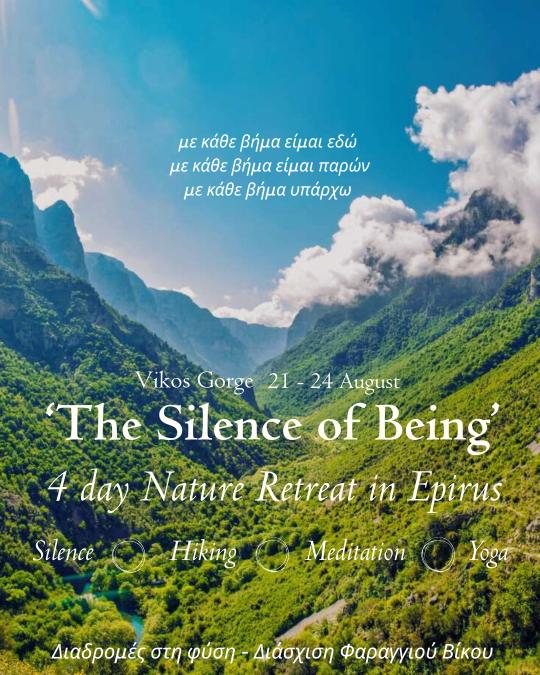
Autumn Detox Retreat Mystras
XpatAthens is excited to let you know that we will begin to introduce some Greek content to our platform! We love the Greek language and there are many of us within the international community who speak the language and like to connect with our local communities in their native language.
Το Retreat θα διεξαχθεί στα Ελληνικά.
Ημερομηνίες: 28-30 Νοέμβρη, 2025
Τοποθεσία: Euphoria Retreat Mystras
Τιμή:
SUPERIOR DELUXE ROOM
Μονόκλινη Χρήση €670.
Δίκλινη Χρήση Κόστος κατά άτομο €470
.
EXECUTIVE DELUXE ROOM
Μονόκλινη Χρήση €765. Δίκλινη Χρήση Κόστος κατά άτομο €560.
Email: wellnessrituals.gr@gmail.com
Τηλέφωνο: 6974929614
Διοργανωτής: Wellness Rituals
Καθοδηγούν: Νίκη Πετρουλάκη & Νίκος Μανώλης
Link Διοργανωτή: https://wellnessrituals.gr/automn-detox-retreat-28-30-november-2025/

Aspasia: A Suspenseful Story Of Survival & Strength
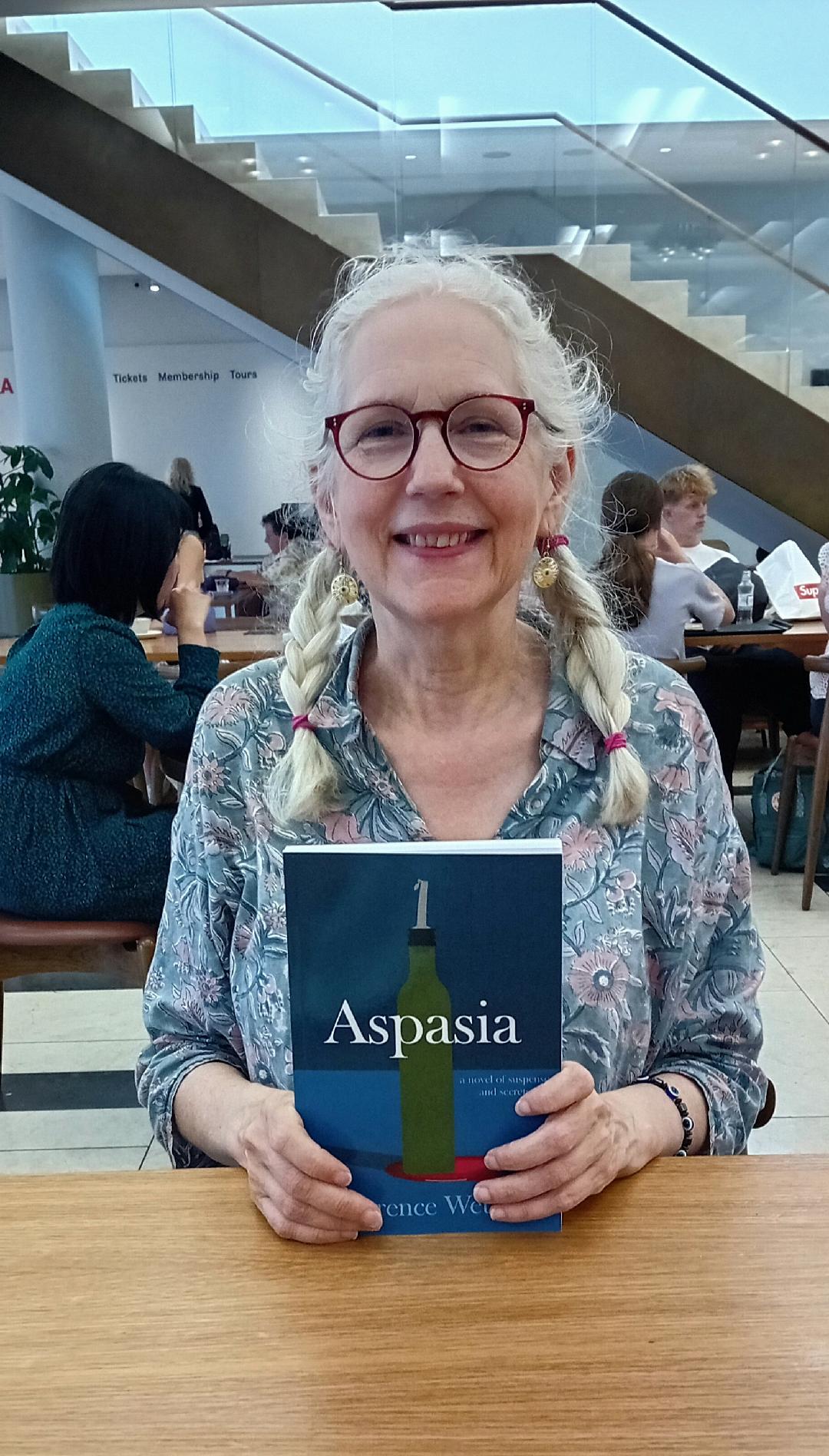
About The Author
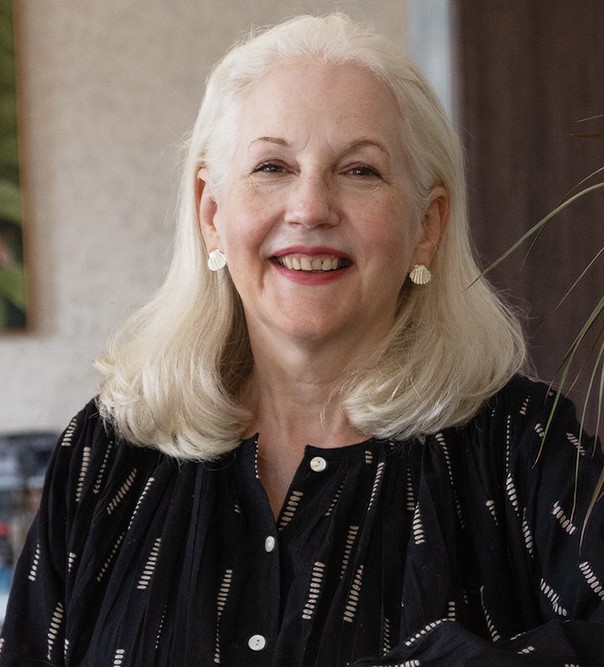
Golden Moments Experience: A Fun & Luxurious Day Out In Athens
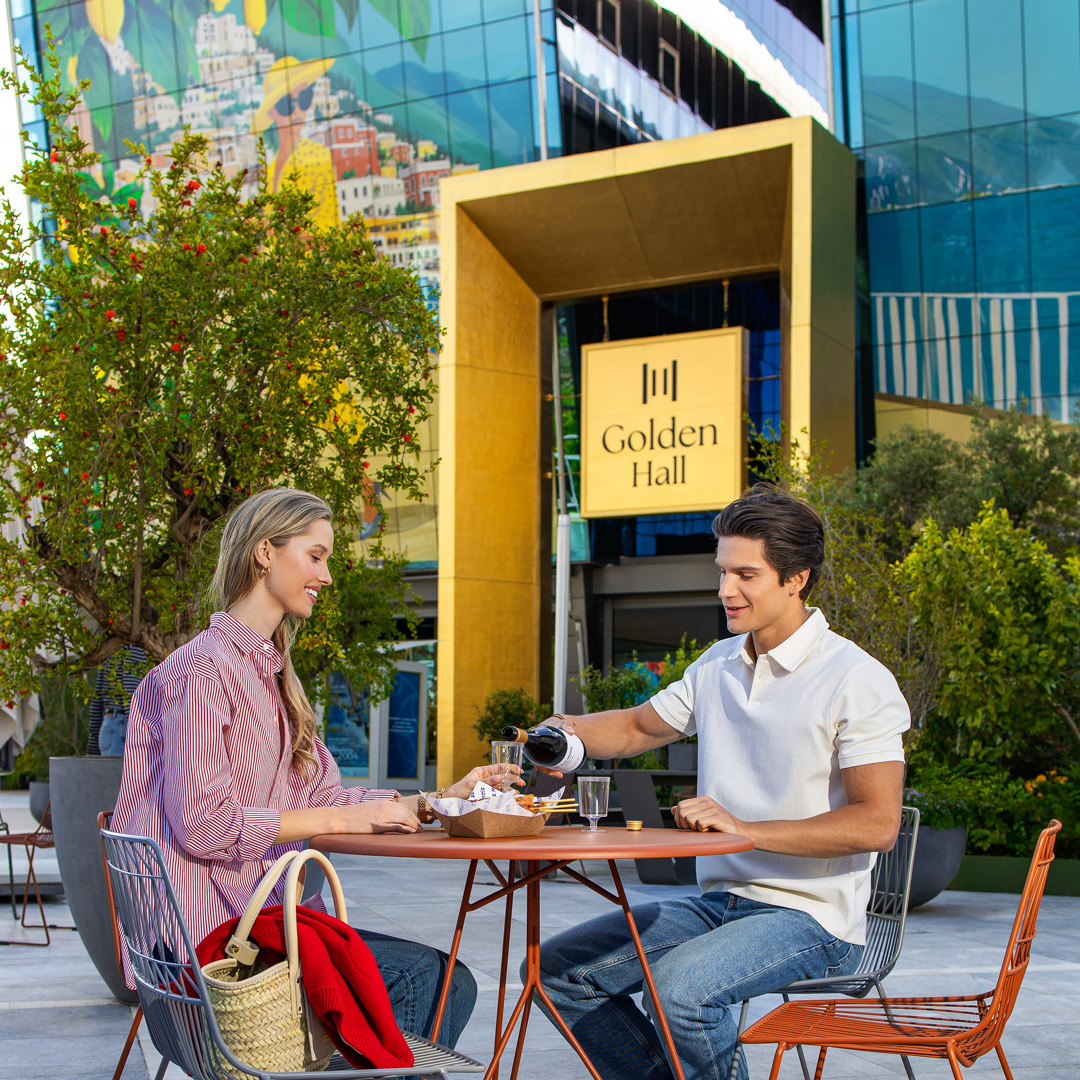
Athens Olympic Museum – Guided Tour (approx. 1 hour)
Start your visit with an exclusive guided tour of the Athens Olympic Museum, the city’s only institution dedicated to Olympic history and ideals. Led by a knowledgeable expert, the tour offers deep insight into Greece’s foundational role in the Olympic movement, the evolution of the Games, and inspiring stories of Greek Olympic champions. It’s a unique opportunity to engage with sporting legacy on a personal level.
Curated Walkthrough at Golden Hall (approx. 30 minutes)
Shopping & Dining at Golden Hall (approx.3 hours)


- The Athens Olympic Museum, part of the Olympic legacy of the Athens 2004 Games
- XPLORE Oceans, the city’s only aquarium
- XPLORE Entertainment Center, an interactive educational and play space for kids
- 140+ boutiques and luxury retailers
- Refined restaurants, delicatessens, and cafés
- Ample underground parking and premium visitor services
Contact details for the experience booking:
T: +30 2160025215
M: +30 6940163734
5 Essential Tips For Expats Starting Their New Life In Greece
Align & Flow from Summer to Fall
September 2-7, 2025 - A September Yoga Retreat in Greece Like No Other!
Step into the calm of Evia Silence, where the sea meets the soul. Join Antigoni & Christina for a transformative yoga retreat—featuring daily yoga, sound healing, breathwork, and meditations designed to reset your nervous system and reconnect you with your joy.
We’ll share nourishing meals, relax by a private beach, wander through nature, and explore the Aegean by boat—including a magical cave tour. Stay at the newly opened Evia Silence Lighthouse, just steps away—boho-chic, sea-view rooms and total serenity awaits.
When: September 2-7, 2025
Where: Evia Silence Lighthouse, Porto Buffalo, Evia
Price:
Premium single room 1300€
Premium double room 1100€
Premium triple room 1075€
Premium quadruple 1060€
Quad for two 1175€
Email: siomouanti@gmail.com
Contact Number: 6934239850
Organizer: Antigoni Siomou & Christina Skarmoutsou
Organizer Links:
Antigoni Siomou Instagram
Christina Skarmoutsou Instagram
Retreat Link: Instagram Event Page
Moving Made Simple - A Guide to Domestic & International Removals
- Expert packing and unpacking
- Transportation and customs formalities
- Loading and delivery
- Special care for fragile or high-value items
- Export moves: From Greece to any destination worldwide
- Import moves: From anywhere in the world to Greece
- Third-country moves: Between two countries outside of Greece (e.g. Paris to San Diego)
- Domestic moves: Within Greece, including the islands
- Pre-move planning and timelines
- Packing and labeling using color-coded systems
- Disassembly and reassembly of workstations
- Transport of heavy safes and electronic equipment
- Inter-office moves and archive handling
- White-glove packing and handling
- Custom-made wooden crates
- Air or land transport with security control
- On-site coordination at airports
- Escort options for high-value shipments
- Paperwork and formalities
- Safety-focused travel arrangements
- Customs clearance
- Door-to-door delivery when needed
- Custom packing and storage during the exhibition
- Redelivery and safe-keeping of materials
- Worldwide exhibit transport
- Storage between exhibitions
- Safe loading using specialized ramps and supports
- Shrink-wrapping and secure containment for boats
- Customs handling and insurance
- Delivery directly to the destination or storage site
Across Athens and throughout Greece, Celebrity International Movers is trusted for exactly this, offering full-service relocation support with professionalism and care.





